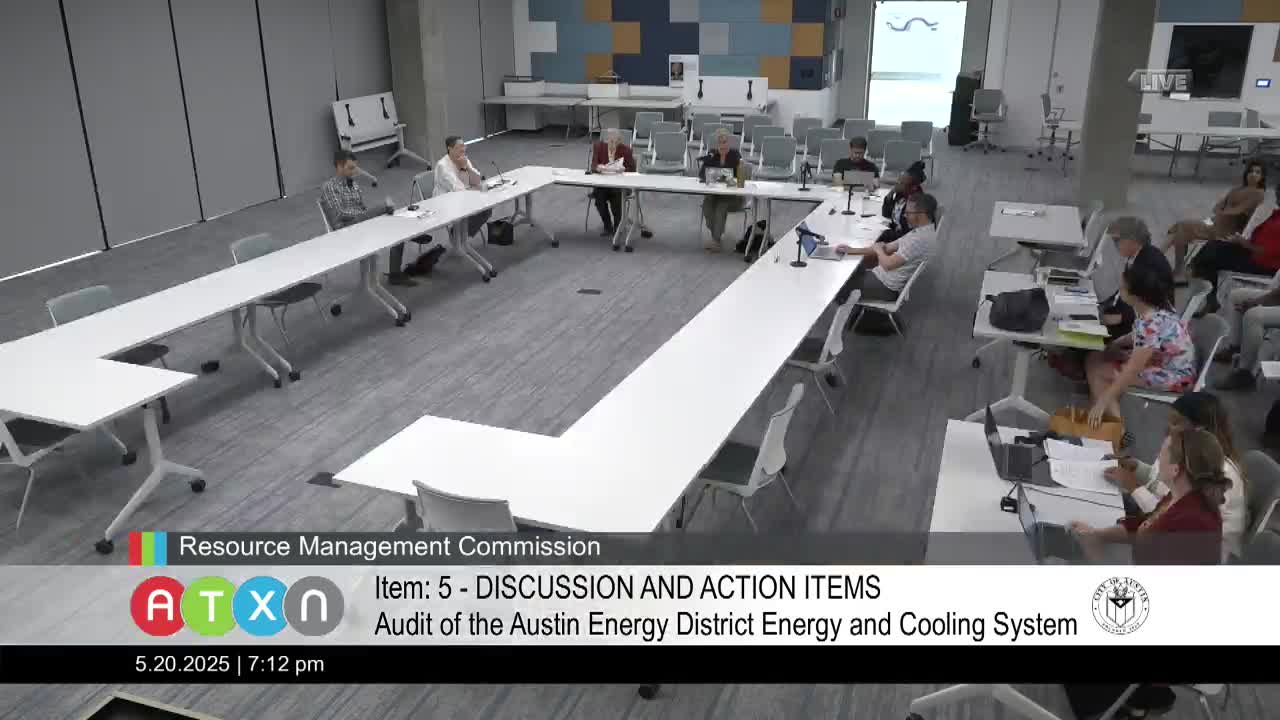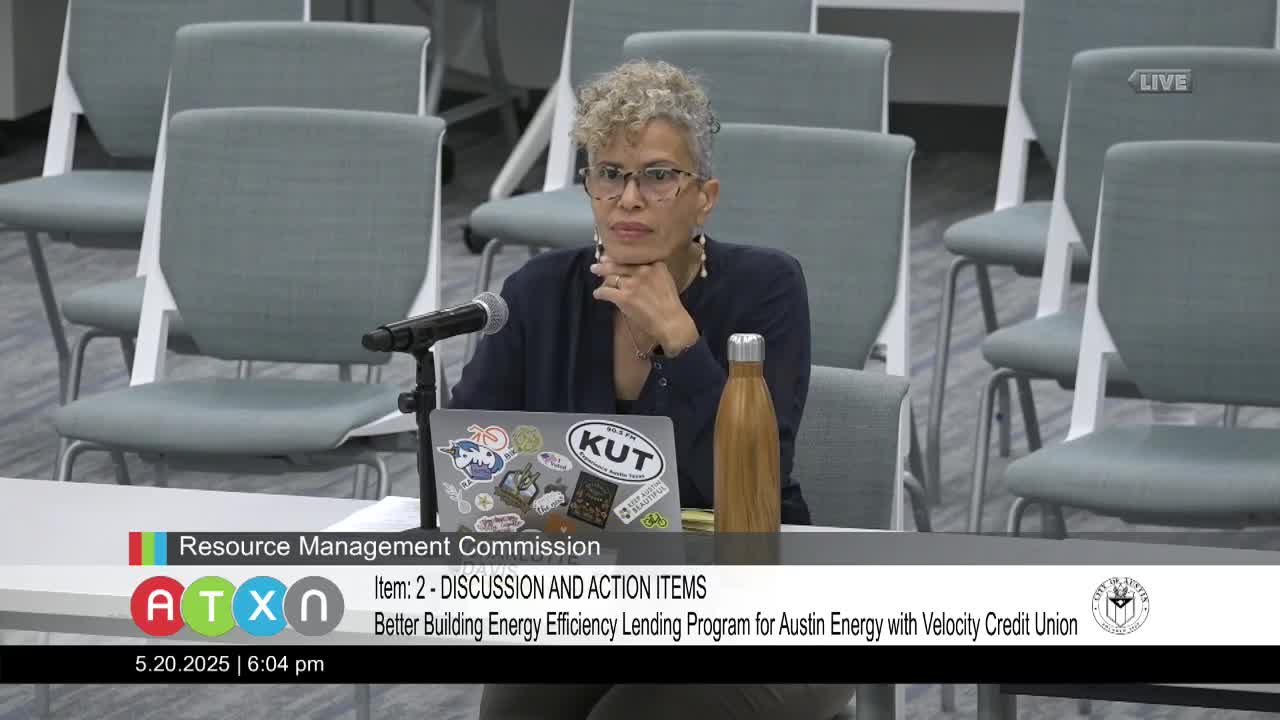Article not found
This article is no longer available. But don't worry—we've gathered other articles that discuss the same topic.

Staff and Texas Gas Service brief commission on 2024 rate case, GRIP filings and franchise timeline

Commission defers action on audit of Austin Energy district cooling system as utility pursues consultant review

Commission backs expanding On‑Site Water Reuse incentives for deeply affordable housing; staff to report quarterly

Commission approves contract with Clear Results for retailer partnership program after commissioners ask for cost-effectiveness data

